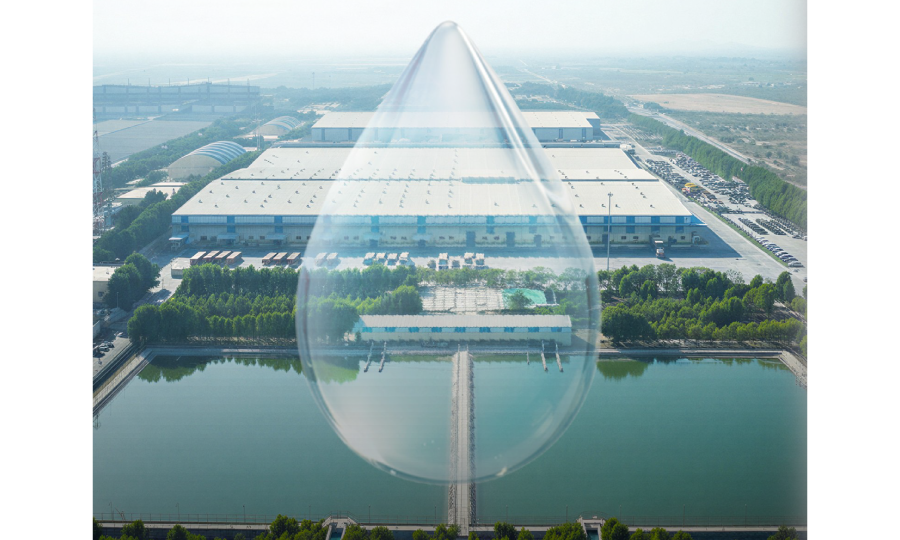
BKT Carbon has highlighted Zero Liquid Discharge (ZLD) operations at its Bhuj site, sharing performance data that points to lower groundwater consumption, reduced withdrawals at water-stressed units and a small but steady drop in overall water intensity. The company frames ZLD as day-to-day utilities management rather than a pilot.
In a LinkedIn update, the company stated: “At Bhuj, every drop counts… not a single drop of water leaves the plant untreated, every litre of water is treated, repurposed, and reintegrated into the system.” The post positions ZLD as an operational standard aimed at keeping process water on site and under control.
According to BKT Carbon’s slide deck, Bhuj reports an 11.39% decrease in groundwater consumption, a 0.52% reduction in water withdrawal from water-stressed units and a 2.03% decrease in water intensity per metric tonne of production. While year-on-year context would add depth, the direction of travel supports the claim that closed-loop treatment is tightening resource use.

The company outlines several reuse levers behind the figures. These include rainwater harvesting to ease pressure on the local water table, flash steam recovery that saves around 3,500 kilolitres per year, and the utilisation of sewage-treatment-plant (STP) water for non-potable applications. Together, these steps reduce freshwater draw and stabilise supply for critical processes.
Water risk is now a board-level issue for tyre makers and their upstream inputs. ZLD can reduce withdrawals, create auditable trails, and hedge plants against drought or municipal restrictions. For purchasing teams, site-level evidence (like the metrics from Bhuj) helps verify that environmental claims are backed by utilities performance rather than policy statements.
Tagged with: zero liquid discharge, Bhuj plant, water reuse, groundwater reduction, water intensity, flash steam recovery, rainwater harvesting, STP water, tyre manufacturing, carbon black
Disclaimer: This content may include forward-looking statements. Views expressed are not verified or endorsed by Tyre News Media.